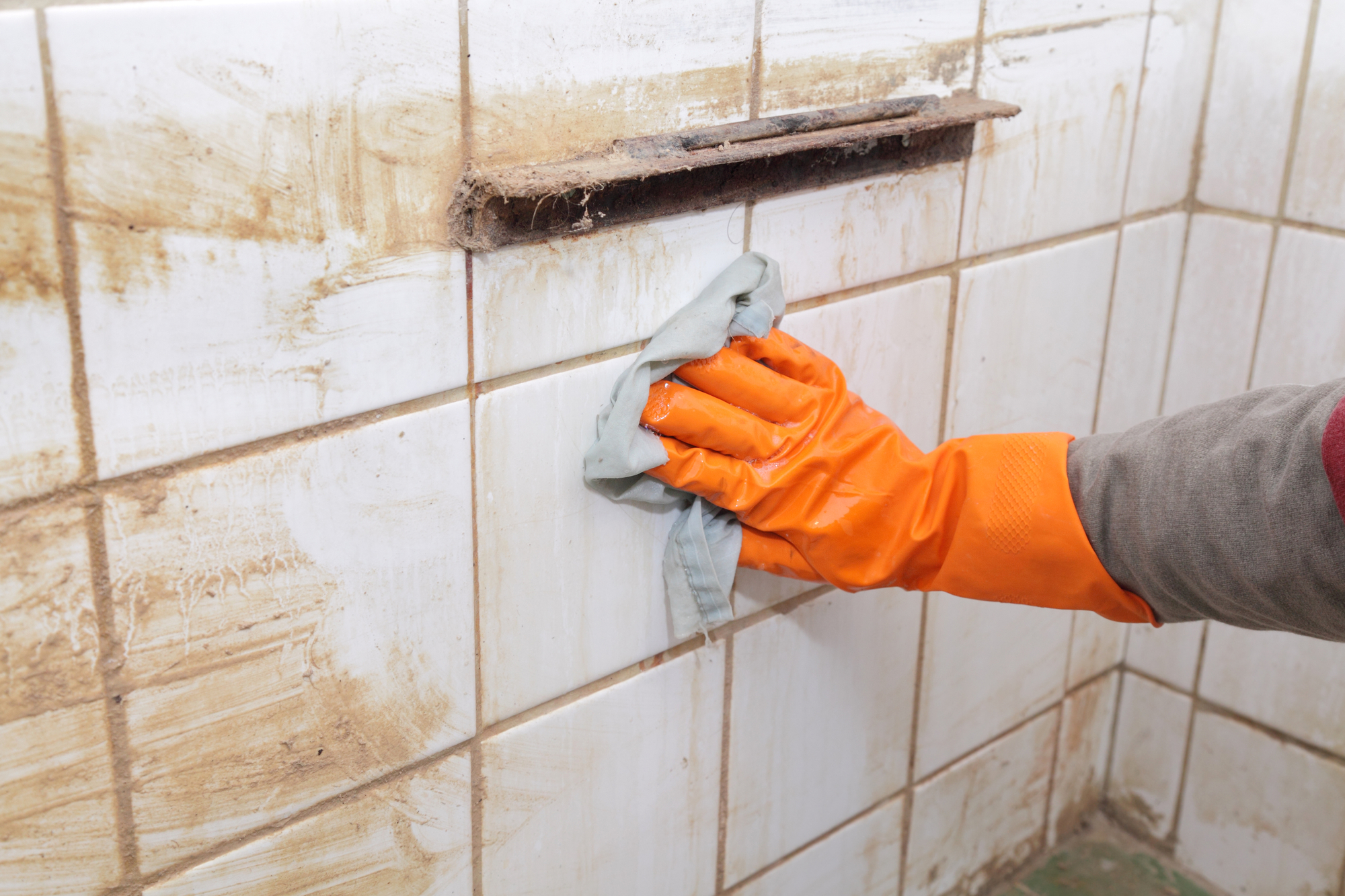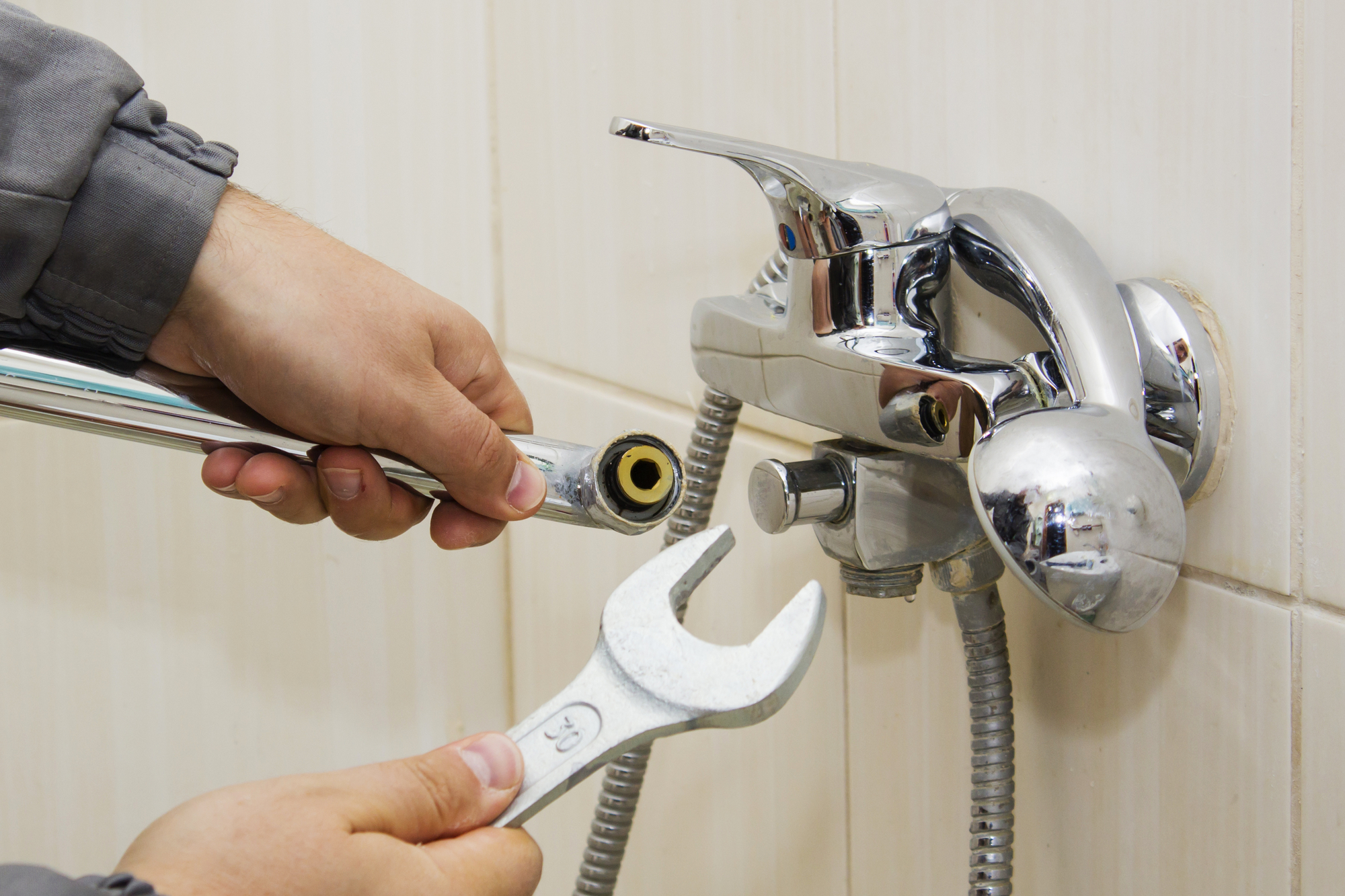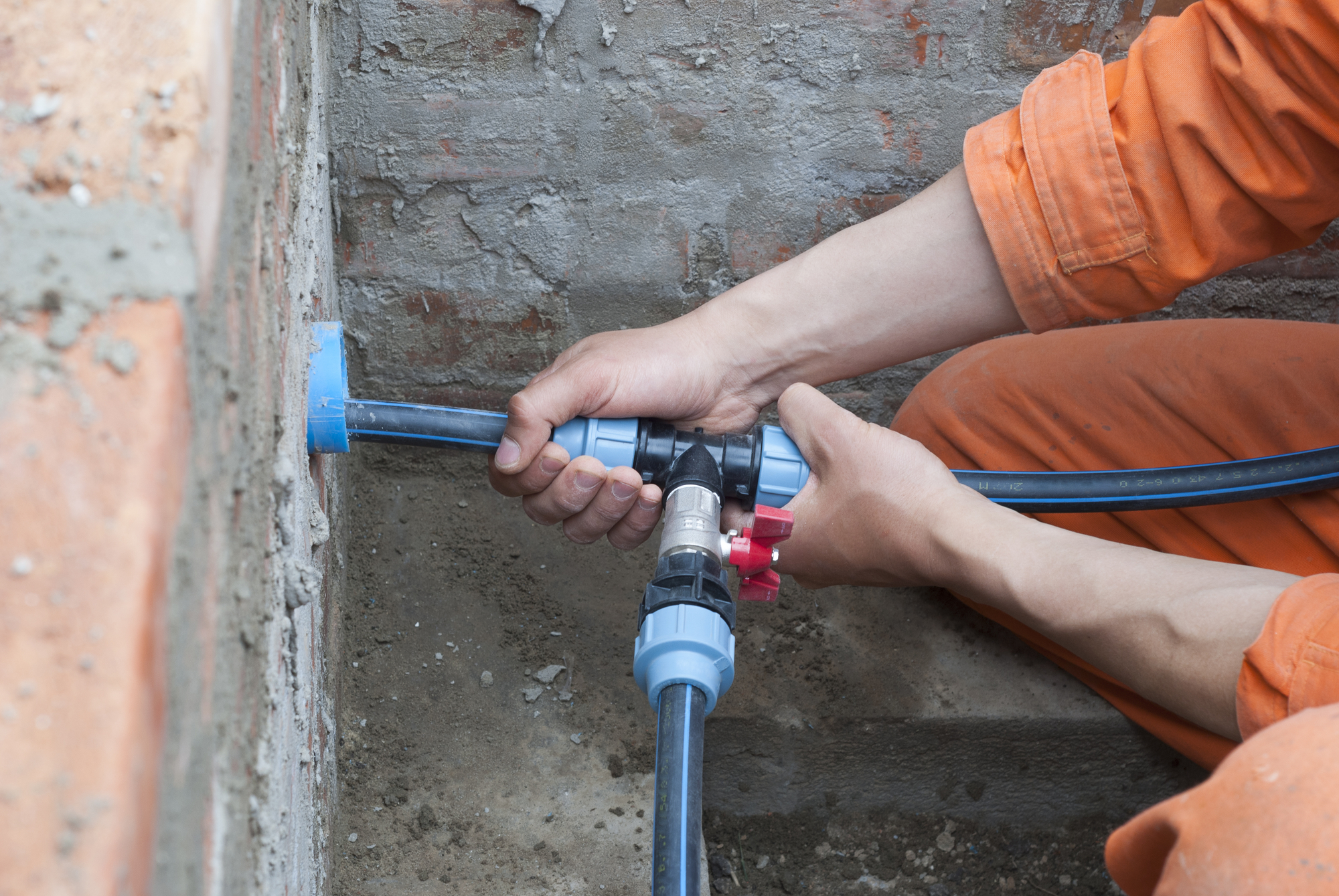The plumbing industry has historically been dominated by men, with women being underrepresented in the field. However, times are changing, and the industry is becoming more inclusive, with more and more women taking up plumbers’ roles. One person who has been vocal about supporting women in engineering is Kevin Wellman, the CEO of CIPHE (Chartered Institute of Plumbing and Heating Engineering). In this article, we will explore why the CEO’s support for women matters and what it means for the plumbing industry.
According to the National Center for Women in Information Technology (NCWIT), women make up just 26% of the computing workforce. The plumbing industry has an even lower percentage of women. Some of the reasons why women have been underrepresented in the plumbing industry include societal stereotypes, lack of support, and the industry’s physical nature. However, over the past few years, there has been a growing push to break these barriers and encourage more women to take up roles in the plumbing industry.

The support of CIPHE’s CEO for women in engineering can be an essential factor in changing the narrative and encouraging more women to pursue careers in this male-dominated industry. Kevin Wellman has been vocal about supporting women in engineering. For instance, in a recent interview, he spoke about the importance of diversity in the field, pointing out that “diversity in plumbing and engineering allows more access to potential clients and customers, which is essential in business growth.”
Women, just like men, can make great plumbers if given the opportunity. Some of the qualities that make women uniquely suited to plumbing include multitasking and attention to detail, which are essential qualities for any plumber. Additionally, women tend to excel in customer service, which is essential in any business, including plumbing.
However, despite the potential benefits of having more women in plumbing, the industry still has a long way to go in terms of inclusivity. Women who take up plumbing jobs often face discrimination and resistance from their male counterparts, with some feeling isolated and unsupported. It is therefore crucial for industry leaders like CIPHE’s CEO to speak out in support of women in engineering and take steps to make the industry more inclusive.

So how can the plumbing industry become more inclusive? One approach would be to provide more mentorship and training opportunities for women. Often, women who want to pursue plumbing careers lack the resources or support to gain the necessary skills and experience. By providing mentorships, apprenticeships, and training programs designed for women, the industry can help break the barriers and encourage more women to join.
Another approach would be to create a more inclusive work environment for women. This could include policies that promote equal opportunities for women, such as flexible working hours and family-oriented policies. Additionally, the industry could take steps to address the discrimination and harassment that some women face. This could involve creating more awareness of the issue among industry players and taking immediate action against perpetrators.
The plumbing industry can also benefit from promoting women’s successes and achievements. Often, women who excel in plumbing do not receive the recognition they deserve. This lack of visibility can discourage other women from pursuing plumbing careers. By celebrating women’s accomplishments and promoting them as role models, the industry can encourage more women to take up plumbing roles.
In conclusion, the support of CIPHE’s CEO for women in engineering is an exciting development in the plumbing industry. By speaking out in support of women and advocating for policies that foster inclusivity, CIPHE’s CEO can help break the barriers that have prevented women from entering the industry for too long. By providing more mentorship and training opportunities, creating a more inclusive work environment, and promoting women’s successes and achievements, the industry can encourage more women to pursue plumbing careers and create a more diverse and vibrant plumbing workforce.






